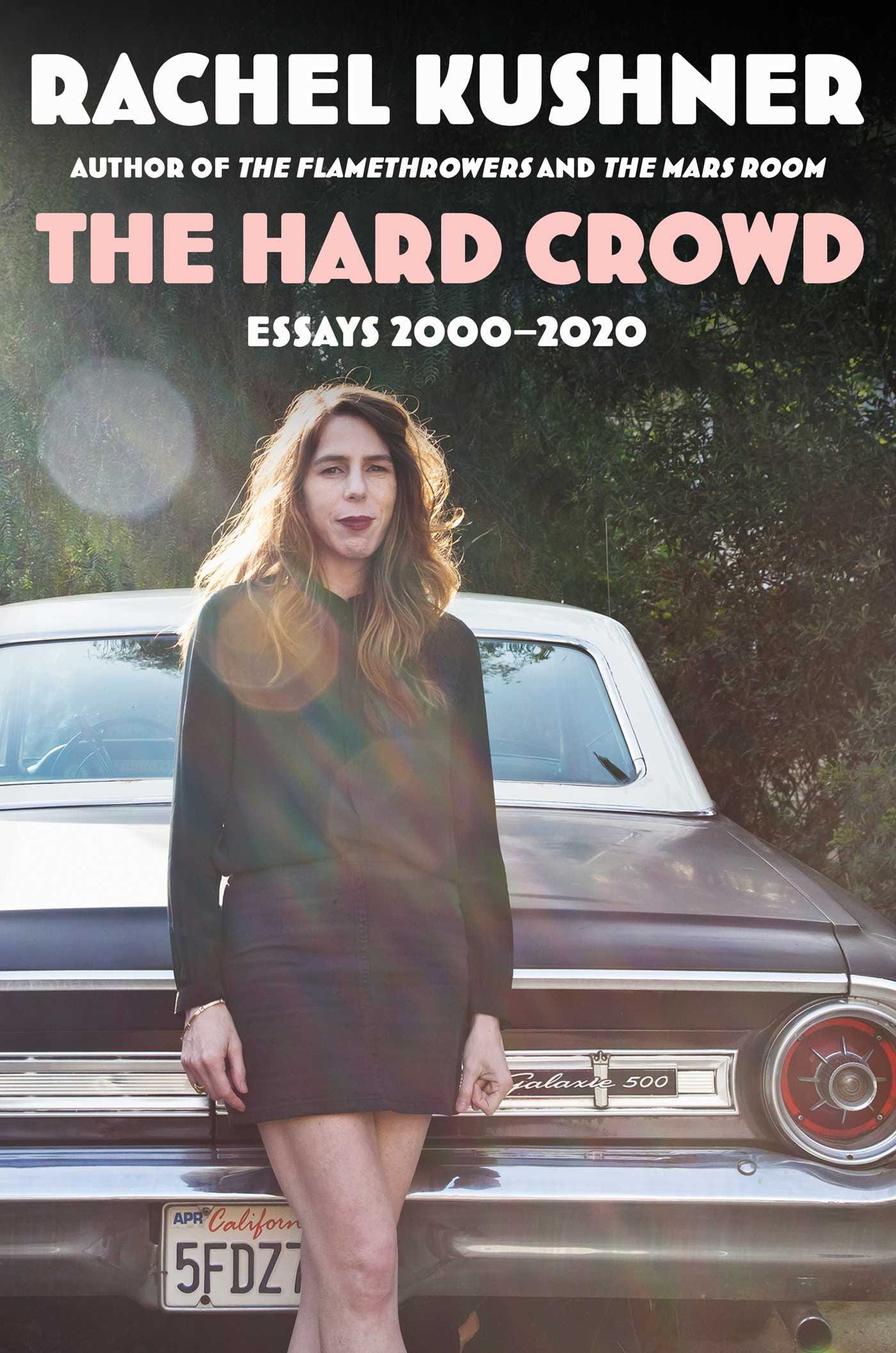In the past year, I’ve read (listened, actually) to three Rachel Kushner novels and one essay collection:
The Flamethrowers (2013)
The Mars Room (2018)
The Hard Crowd: Essays 2000–2020 (2021)
Creation Lake (2024)
I dug them. I’m a Rachel Kushner completist now, so I’ve got a few more titles to go.
I first took note of Kushner when The Flamethrowers came out. At one point, I booked it out of the library, but we didn’t jive, me and that title, that time. Last year, I decided to try again, audiowise. Kushner was the reader: reader/writer. I have part of her on autoloop now.
I am 10 days older that Kushner. We are both 1968 Libras, both Year of the Monkey. When she speaks, I think, yeah, that’s about right.
However, I have never ridden a motorcycle, and I’m not about to start now. Motorcycles feature heavily in The Flamethrowers and there’s an essay in The Hard Crowd that explain why. When she was younger, Kushner rode motorcycles with a crew, all of whom are now dead, she writes. She easily could have been, given the risks the hard crowd took.
Living life on that edge might be the throughline to these novels: one about 1970s Italian terrorism, one about domestic violence and prison life, one about eco-terrorism in France, or at least the appearance of it. In The Flamethrowers, the protagonist is the American girlfriend of an older artist, who is from a rich Italian family, whose business is targeted by the Red Brigades.
In Creation Lake, the protagonist, also an American woman, is undercover as the girlfriend of a Frenchman associated with a “back to the land” movement. Who she is working for is unknown? Not a state, but related interests. She once worked for the FBI and framed a young man for eco-terrorism in California. She sets about instigating action and state response, treating the reader to lots of self-reflection.
The protagonist in The Mars Room, an American woman, killed a man and is incarcerated as a result. No reader would blame her though, given the events that led up to that bloody encounter. She has a complex back story and an unclear path forward. To be or not to be, that is the question. Does it matter whether ‘tis nobler to suffer the slings and arrows of outrageous fortune? She took action. She had to. The consequence plays out.
Life on the edge, full of risk. So it goes.
What is it that I respond to most in these novels? I want to say something like, the anarchist energy. You never know what is going to happen. The simple categories of left/right, progressive/reactionary, whatever this/whatever that, cannot be sustained in these novels. The worlds Kushner presents are wild, barren, uncertain. Her art does not offer comfort, except the sort of comfort that says the simple solutions won’t work. Go back and look again. It’s all more complicated than you first thought.
I don’t have a big long argument to make here. This might be it.
Short post.
Here’s Kushner at the Toronto Public Library, 2024….





